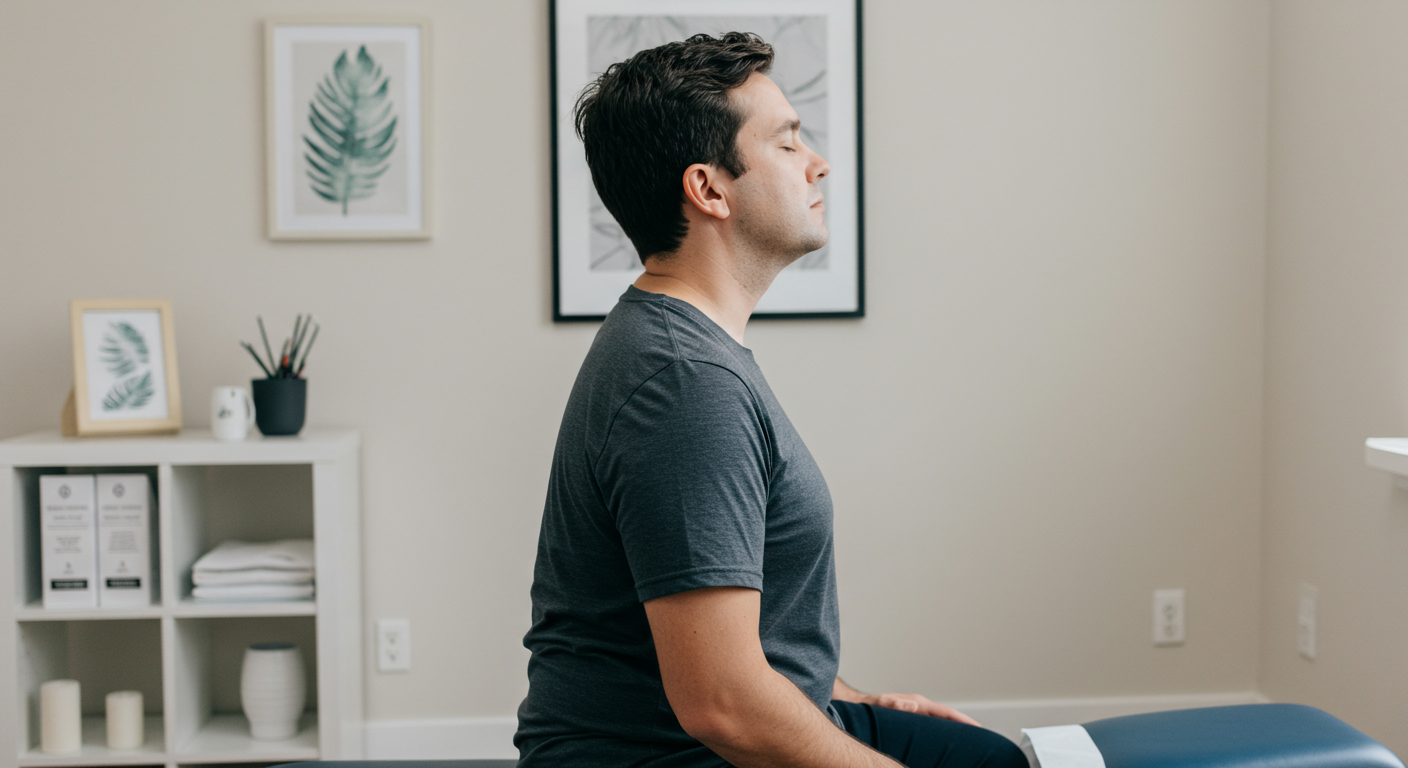Blogs

Kids, Screens, and Spines: A Parent’s Guide to Preventing Posture Damage Early
Let’s be honest: screens aren’t going anywhere. From iPads to smartphones, kids today are growing up in a digital-first world. While technology offers many learning

Posture Correction for Remote Workers: Creating a Healthy Home Setup
Remote work might be great for productivity and flexibility—but your spine? Not so much. Since 2020, remote work has surged by over 150%, with many

Why Posture Isn’t Just About Looks — It’s About Longevity
When we hear “posture,” most people picture a nagging parent reminding you to sit up straight or a beauty queen walking with a book on

Chiropractic Care and Better Breathing: The Posture Connection
When you think of breathing problems, you probably picture allergies, asthma, or anxiety—but what about posture? Poor posture doesn’t just hurt your back. It literally

The Science Behind Advanced BioStructural Correction™: Beyond the Crack
If you’ve ever visited a chiropractor, you probably left with a satisfying crack and a vague sense that something important just happened. But what if

Posture and Teenagers: Why Early Correction Matters More Than Ever
Slouched shoulders. Forward head tilt. Hours spent hunched over phones, tablets, and laptops. It’s no surprise that today’s teenagers are developing poor posture at an

How Driving Habits Impact Your Spine: A Chiropractor’s Perspective in Sutton Coldfield
Whether you’re commuting daily or driving long distances for work, your time behind the wheel could be doing serious damage to your spine. The way

Local Spotlight: How Sutton Coldfield’s Active Community Can Benefit from Postural Chiropractic Care
Sutton Coldfield is more than a peaceful suburb of Birmingham—it’s a buzzing community of movers, shakers, and doers. Whether it’s runners clocking miles through Sutton

The Link Between Tech Neck and Mood: What the Research Says
We already know too much screen time can strain the eyes and tighten the neck—but what if it’s also dragging down your mood? Emerging research
